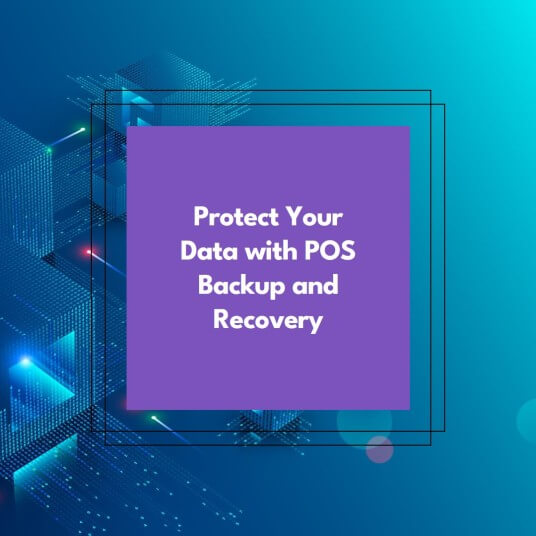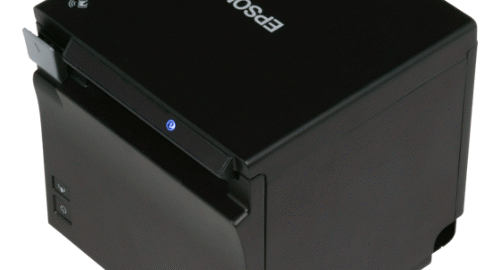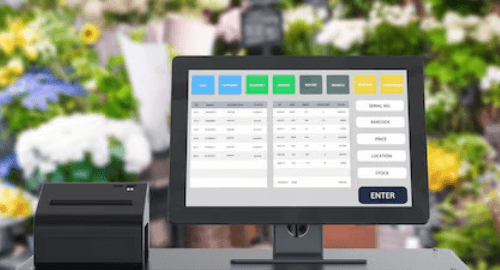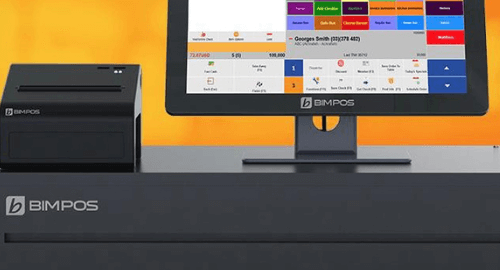
In the fast-paced world of retail and hospitality, point-of-sale (POS) systems are the backbone of business operations. These systems handle transactions, inventory management, and customer data, making them critical assets for any business. However, like any technology, POS systems are susceptible to data loss or corruption, which can have devastating consequences for businesses. In this blog post, we’ll explore the importance of POS system backup and recovery strategies and how businesses can protect their data from loss or corruption.
Understanding the Risks
Data loss or corruption can occur due to various factors, including hardware failure, software glitches, human error, malware attacks, or natural disasters. Regardless of the cause, the impact can be significant, resulting in financial losses, operational disruptions, and damage to reputation. Without proper backup and recovery measures in place, businesses risk losing transaction records, customer information, sales data, and inventory details, which are essential for decision-making and regulatory compliance.
Importance of Backup and Recovery
POS system backup and recovery are essential for safeguarding business continuity and protecting valuable data assets. Backup refers to the process of creating copies of data at regular intervals, while recovery involves restoring data from backup copies in the event of data loss or corruption. By implementing robust backup and recovery strategies, businesses can minimize downtime, mitigate losses, and ensure uninterrupted operations, even in the face of unexpected events.
Best Practices for Backup and Recovery
- Regular Backup Schedule: Establish a regular backup schedule to ensure that critical data is backed up frequently. Consider factors such as transaction volume, data sensitivity, and business requirements when determining the backup frequency.
- Secure Storage: Store backup copies of data in secure locations, both onsite and offsite, to protect against physical threats, such as theft, fire, or floods. Utilize encrypted storage solutions to safeguard sensitive information from unauthorized access.
- Automated Backup Solutions: Implement automated backup solutions that streamline the backup process and minimize human intervention. Automated backups can ensure consistency, reliability, and adherence to backup schedules, reducing the risk of oversight or neglect.
- Testing and Validation: Regularly test backup and recovery processes to verify the integrity and effectiveness of backup copies. Conduct recovery drills to simulate data loss scenarios and evaluate the efficiency of recovery procedures.
- Data Retention Policies: Define data retention policies to determine the duration for which backup copies are retained. Consider regulatory requirements, business needs, and storage capacity constraints when establishing data retention guidelines.
Conclusion
In conclusion, while implementing robust backup and recovery strategies is crucial for protecting data integrity and ensuring business continuity, businesses can further enhance their POS system resilience by partnering with a reliable POS supplier. A reputable POS supplier not only provides state-of-the-art hardware and software solutions but also offers comprehensive support services, including backup and recovery assistance. By collaborating with a trusted POS supplier, businesses can access expert guidance, proactive monitoring, and responsive technical support to safeguard their POS systems against data loss or corruption. Together with effective backup and recovery measures, partnering with a reliable POS supplier strengthens businesses’ ability to navigate unforeseen challenges and maintain operational excellence in today’s dynamic business landscape.












